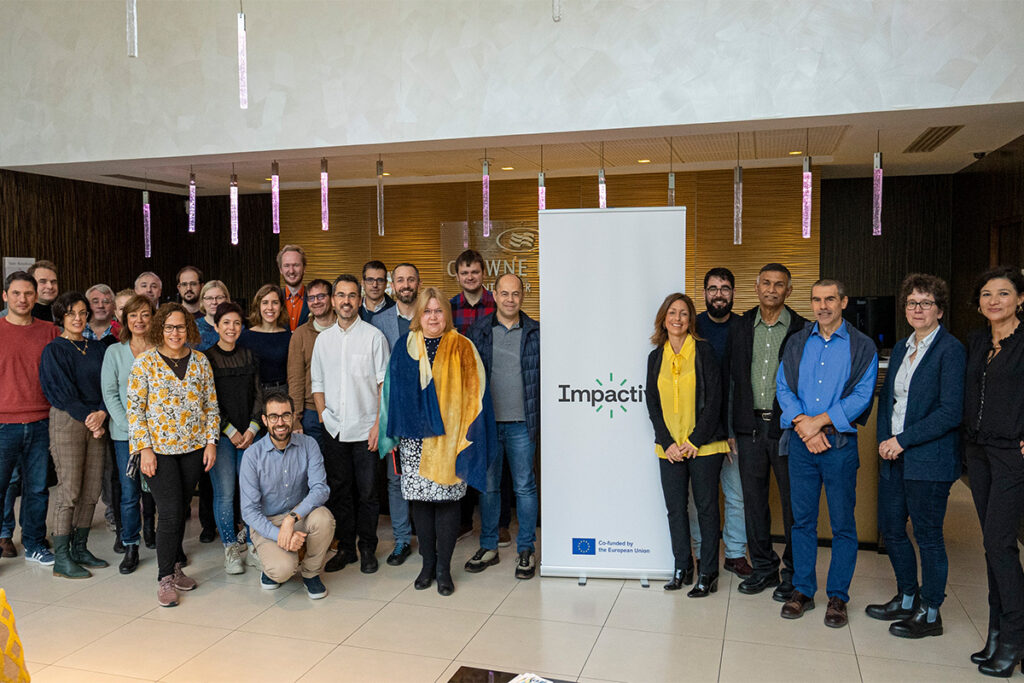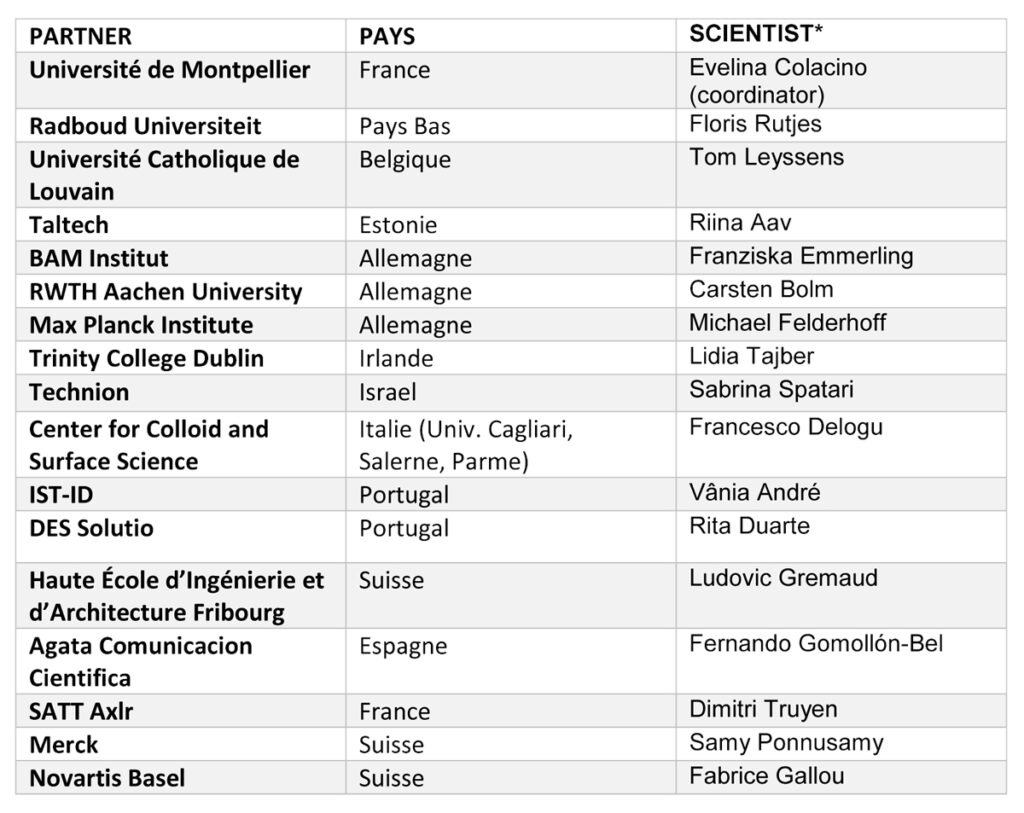Impactive Project: $7.7 million for a cleaner and more competitive pharmaceutical industry
Producing medicines in a more environmentally friendly and economical way without relocating to the other side of the world? This will soon be possible thanks to mechanochemistry, a disruptive technology at the heart of the IMPACTIVE project led by the University of Montpellier and coordinated by chemist Evelina Colacino from the Charles Gerhardt Institute. The project has received €7.7 million in funding under the Horizon Europe program.


The pharmaceutical industry is one of the most polluting industries on the planet, with a carbon footprint greater than that of the automotive sector. To reduce this environmental impact, Evelina Colacino, a chemist at the Charles Gerhardt Institute, proposes mechanochemistry. This technology makes it possible to dispense with the solvents used in traditional chemistry to synthesize molecules of pharmaceutical interest, which are the active ingredients in our medicines.
Freeing ourselves from polluting solvents
Most of our drugs are made from synthesized molecules. To obtain them, manufacturers cause different molecules to interact using solvents that promote these interactions; however, these solvents account for 80% of the waste generated by the production of these molecules. Mechanochemistry proposes to make molecules interact not through solvents but by applying mechanical forces, using ball mills, reactive extrusion, or acoustic activation. While this technology is already used in other industrial sectors, the IMPACTIVE project (innovative mechanochemical processes to synthesize green active pharmaceutical ingredients) is the first to apply it to the pharmaceutical industry.
Led by the University of Montpellier, this project brings together 17 partners—including universities, research laboratories, and the companies Merck and Novartis—and is coordinated by chemist Evelina Colacino of the Charles Gerhardt Institute in Montpellier. Convinced of its relevance, Europe has awarded €7.7 million in funding to the researcher and her consortium to develop this technology, which offers hope in many areas.
Relocate production
Mechanochemistry not only promises a cleaner pharmaceutical industry thanks to the reduction in solvents, but also a more competitive one, as it consumes much less energy. Savings could reach up to 12% of production costs. This innovative technology could also help to relocate some of the production currently concentrated in Asia. "One of the major challenges of this project is to make Europe more independent in the face of certain geopolitical issues, for example," emphasizes Evelina Colacino.

More information:
- Impactive website
- To watch the video, click here.
- For further information, follow this link.
Follow IMPACTIVE on social media:
- Twitter: @Impactive_EU
- LinkedIn: Impactive